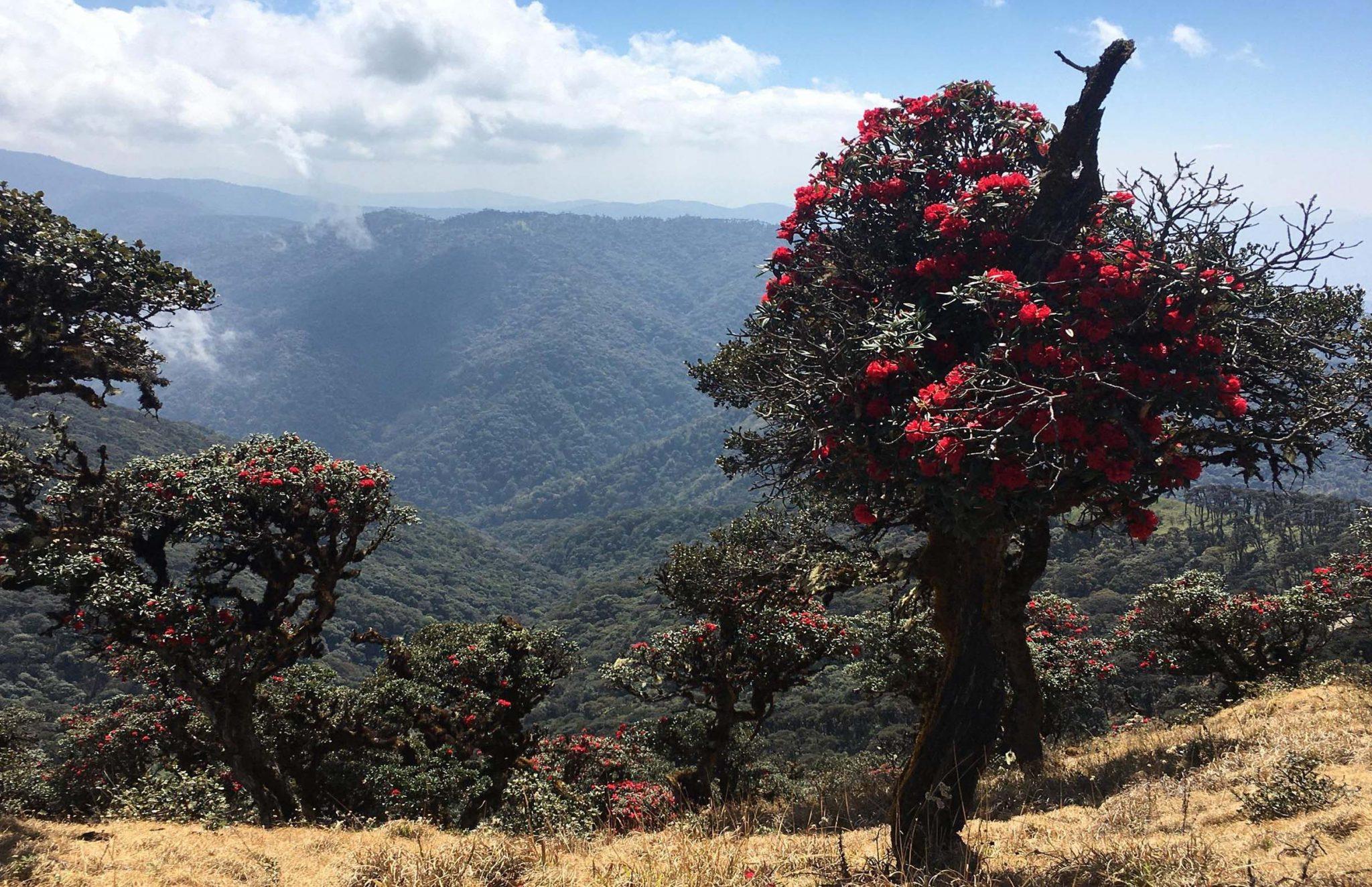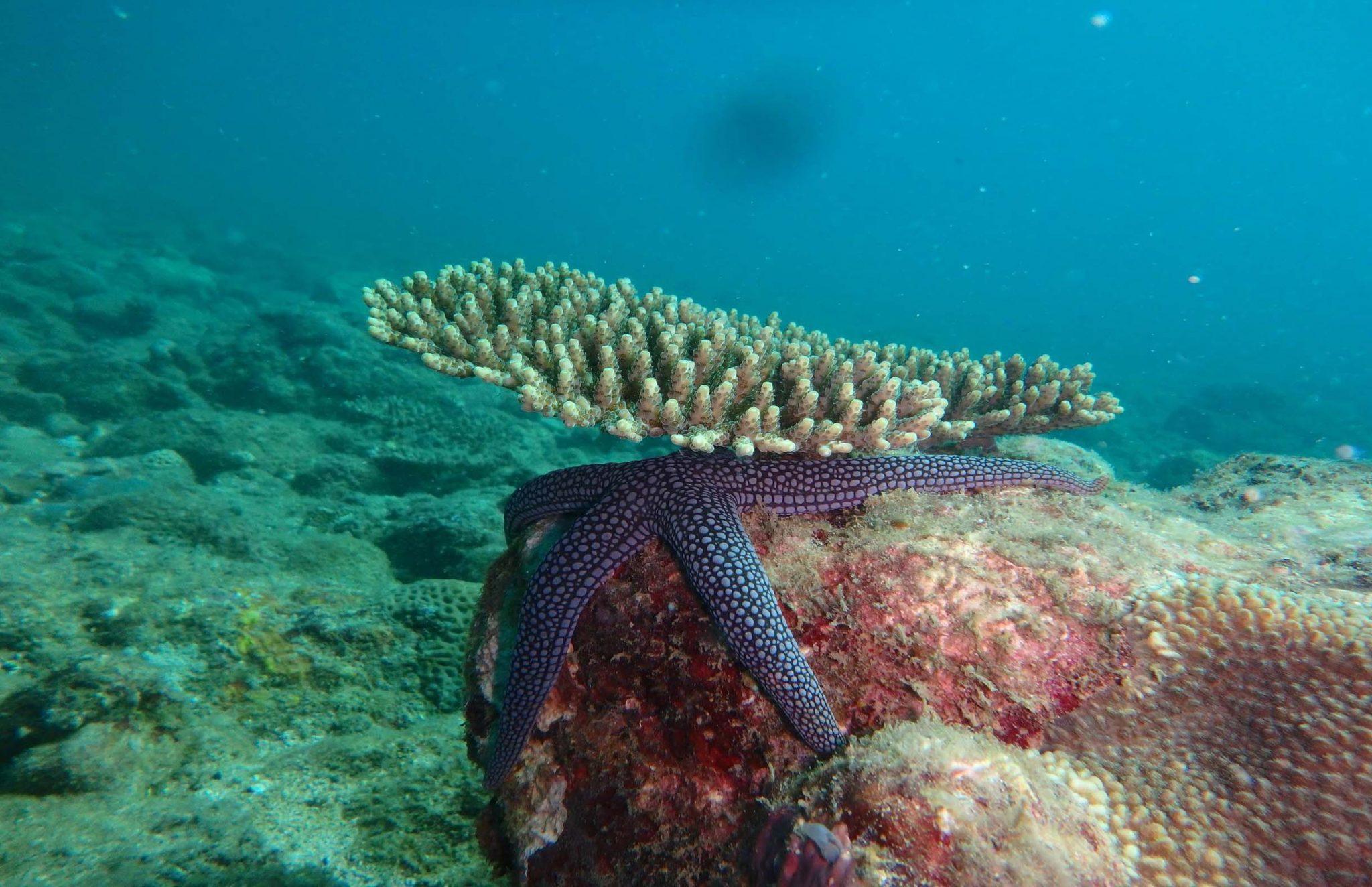MBF will strengthen transformative Conservation Trust Fund to connect people, businesses and biodiversity for maintaining biodiversity integrity by investing in below Terrestrial, Marine and Freshwater Programs.
TERRESTRIAL PROGRAM

Importance of Terrestrial Biodiversity and Ecosystems
- Terrestrial ecosystems provide vital services such as carbon sequestration, soil fertility, water filtration, and air purification. These services contribute to a stable and habitable environment for all life forms, including humans.
- Terrestrial ecosystems are home to an incredible variety of plants, animals, and microorganisms. This biodiversity serves as a genetic treasure trove, offering potential solutions for agriculture, medicine, and various industries.
- Forests, grasslands, and other terrestrial habitats play a crucial role in regulating the Earth’s climate by absorbing and storing carbon dioxide. Conserving these ecosystems helps mitigate climate change impacts.
- Many species, from insects to mammals, depend on terrestrial habitats for shelter, food, and reproduction. Preserving these ecosystems prevents species extinction and maintains ecosystem balance.
- Terrestrial landscapes hold cultural and traditional significances of local communities and indigenous peoples and their sustainable natural resource use practices.
MARINE PROGRAM

Importance of Marine Biodiversity and Ecosystems
- Marine ecosystems, including coral reefs, kelp forests, and seagrass beds, host diverse species and intricate food webs, Preserving marine biodiversity supports healthy marine ecosystems and sustainable fisheries.
- Oceans absorb vast amounts of carbon dioxide, helping to regulate the Earth's climate. Phytoplankton, microscopic marine plants, produce a substantial portion of the planet's oxygen.
- Marine ecosystems contribute to economies through fisheries, aquaculture, tourism, and maritime trade. Conserving these ecosystems maintains livelihoods and economic prosperity.
- Mangroves, seagrass beds, and coral reefs act as natural barriers, protecting coastlines from erosion and storm surges. Their preservation helps mitigate the impacts of climate-related events.
- Marine ecosystems provide as source of protein and income for many coastal communities through their traditional fishing practices and subsistence fishing.
FRESHWATER PROGRAM

Importance of Freshwater Biodiversity and Ecosystems
- Freshwater ecosystems, including rivers, lakes, and wetlands, play a crucial role in providing clean and accessible water for drinking, agriculture, and industry.
- Freshwater habitats support a wide range of species, including birds, fish, amphibians, and insects. Conservation ensures the survival of these diverse organisms.
- Wetlands and riparian areas help control floods, filter pollutants, and maintain water flow. Conserving these areas contributes to overall ecosystem stability.
- Many communities rely on freshwater resources for sustenance, livelihoods, and cultural practices.
- Freshwater systems connect various landscapes, allowing for species migration and genetic exchange. Preserving these connections ensures healthy ecosystems.
- Freshwater ecosystems hold cultural and spiritual importance for many communities around the world. They provide sites for rituals, recreation, and reflection.
